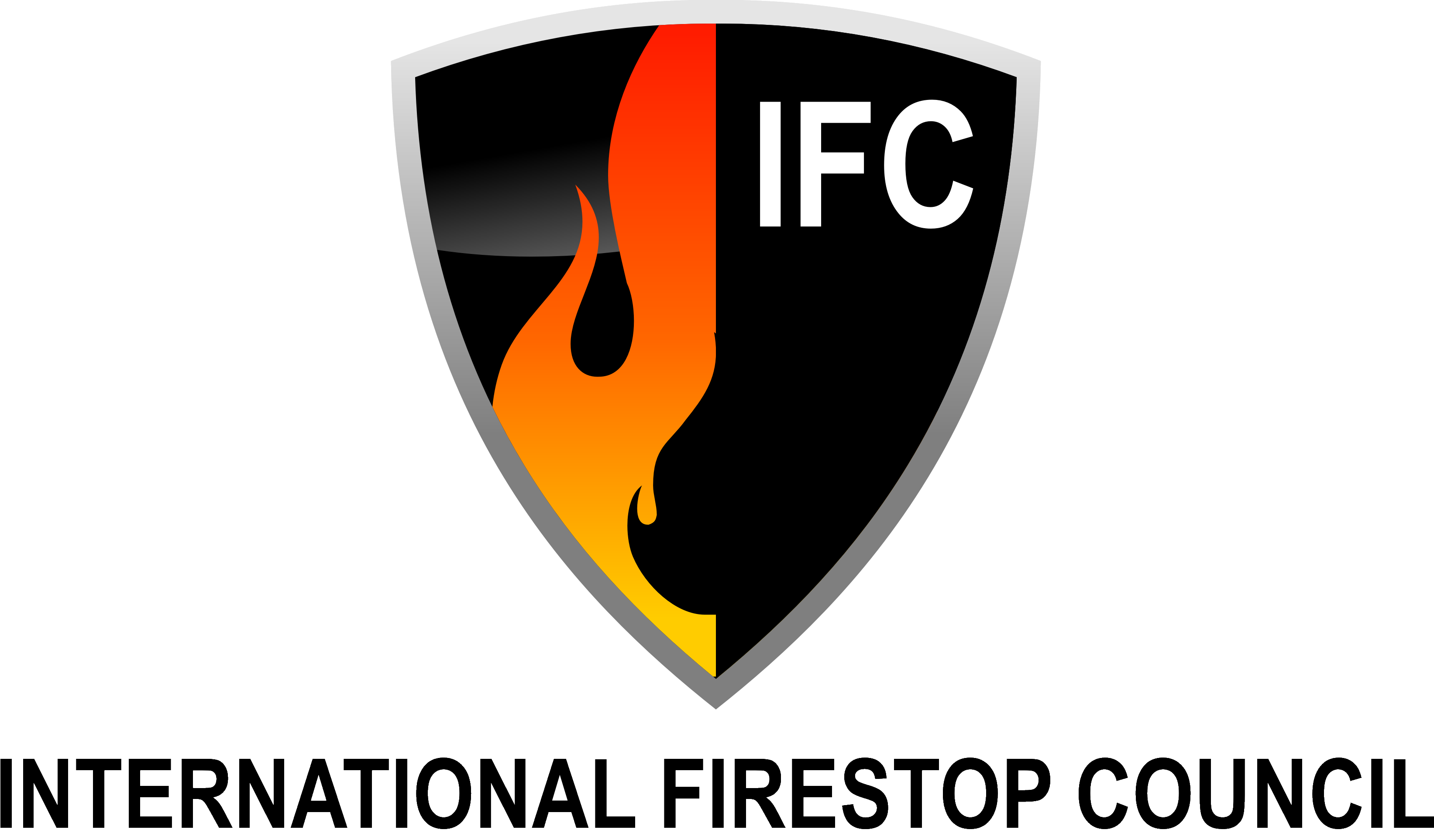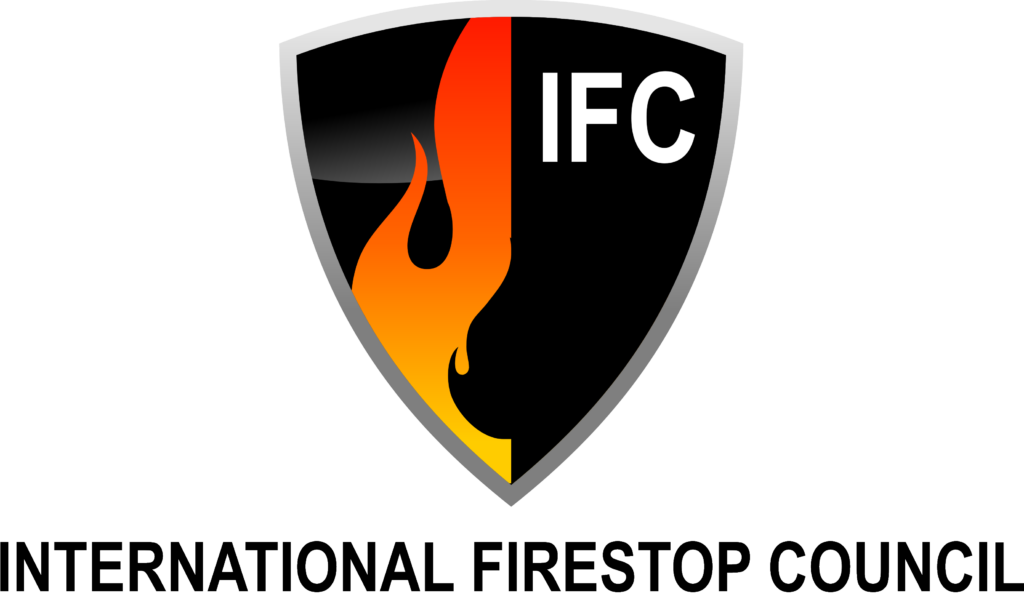Resources and FAQs for the UL Technical Evaluation Developer Program

UL Solutions has launched the Technical Evaluation Developer Program to enhance the quality and consistency of Engineering Judgments (EJs) used in the fire protection industry. EJs address scenarios where as-built assemblies do not match tested and qualified systems, and their acceptance by Authorities Having Jurisdiction (AHJs) can vary across North America. The program aims to establish a structured framework to verify the competency of service providers by setting standards for Technical Personnel Competency, conducting Audits, and performing Certification Testing. Participants must demonstrate knowledge of fire protection standards, pass relevant exams, and adhere to rigorous auditing and testing processes. By increasing testing and certification efforts, UL seeks to reduce low-quality EJs in the market and ensure that solutions meet life safety requirements, providing greater confidence and consistency for AHJs and installing contractors.
Additional Documents and Information






